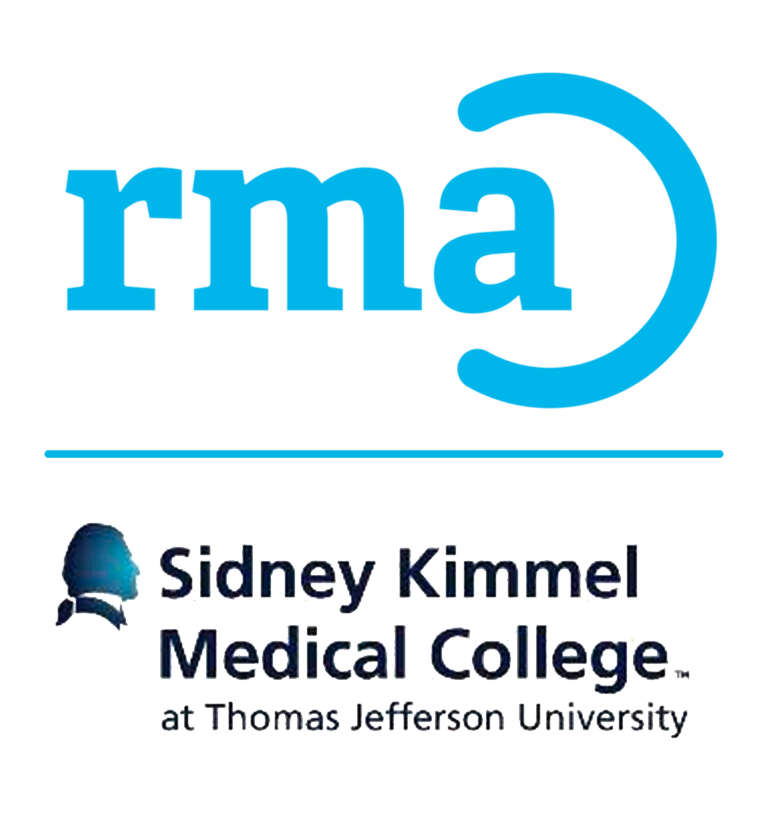Research
Global leadership in research
The Jefferson-RMA REI division prides itself on its research program which has been nominated for the general program prize paper at the ASRM five times in the last ten years and won the honor three times, in 2007, 2010, and 2019. Investigators on our faculty have won prize papers a total of an unparalleled seven times. Research initiated by fellows from within the division have received an ASRM Corporate Member Council In-Training Grant for scientific merit several years running and a prestigious Third Prize Paper Award at the 2013 ACOG Annual Clinical Meeting.
It’s not just encouraged but expected that our fellows develop their own hypotheses and build research projects from start to finish. Your efforts are supported by many of the different cross functional teams at IVIRMA global including research, embryology, nursing, and andrology just to name a few.
Our team members have also received the following additional honors: SART prize paper in 2009 and 2010, first place prize paper at the 2007, 2015, 2016, and 2019 American Board of Bioanalysts Annual Meeting American Board of Bioanalysts Annual Meeting (the embryology professional society), and the ASRM Nurse Research Award. Our fellows have complete access to all ongoing research projects and are expected to head new research projects starting their first year. The areas of research that our fellows are involved in is more encompassing and diverse than many other fellowship programs in the US.
The clinical research team performs independent research on a variety of clinical questions. It also has the responsibility of recruiting patients and collecting samples in support of the basic and translational research programs. Over 1,000 patients per year participate in a wide variety of IRB approved research protocols.
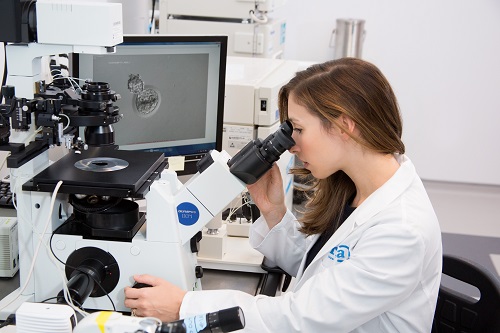
Embryology /
Andrology Research
The principal research has been directed towards evaluation of the competence of individual embryos. Studies have ranged from a wide variety of clinical laboratory studies regarding culture conditions and decision making in the embryology and androlology laboratories to genomic, transcriptomic, proteomic, and metabolomic evaluation of individual embryos.
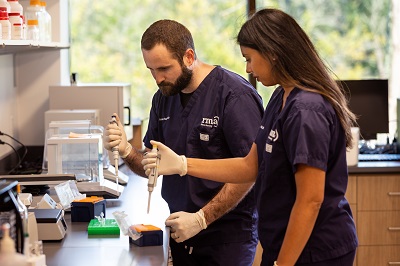
Molecular Genetics
The primary focus of the molecular genetics laboratory is to define markers of reproductive competence, develop technologies for embryo selection, and determine the genetic causes of infertility using state-of-the-art ‘omics’ technologies.
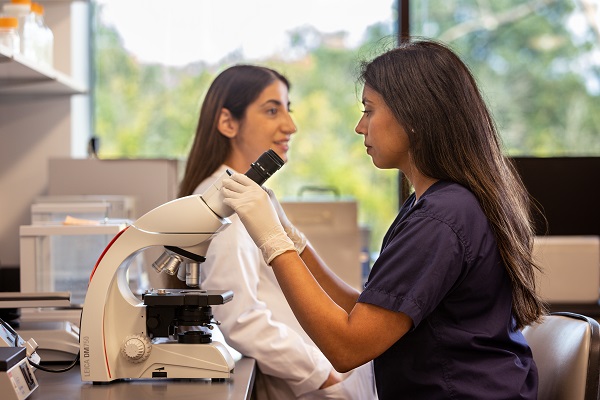
Proteomics and Metabolomics
There are more than 50,000 embryo conditioned media samples that are characterized for outcome in the clinical database and that are available for analyses. We currently evaluate SELDI-TOF, Raman, and infrared spectroscopy, and TaqMan protein expression, multiplex ELISA, and protein antibody array systems.
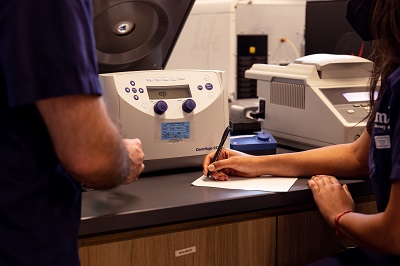
Transcriptomics
We house and run state-of-the-art gene and miRNA expression core facilities including a high throughput Affymetrix GeneChip System, and Applied Biosystems 7900HT and Fluidigm Microfluidic BioMark high-throughput TaqMan quantitiative real-time PCR (Q-PCR) Systems. There are more than 3,500 cumulus and corona samples with characterization including embryo specific outcomes through DNA fingerprinting and 24 chromosome oocyte aneuploidy diagnoses.

Genomics
We have collected more than 15,000 oocyte and embryo biopsies for DNA analysis and have characterized more than 8,000 by genome-wide SNP microarray analyses (24 chromosome PGD). Our Affymetrix microarray facility can process 192 GeneChips per week in support of 4 ongoing clinical trials. We house and characterize the largest IVF DNA bank of currently >10,000 patients. High throughput automated liquid handling instruments (epMotion VAC) provide for rapid DNA purification and subsequent evaluation of association of candidate polymorphisms and haplotypes with IVF outcomes.
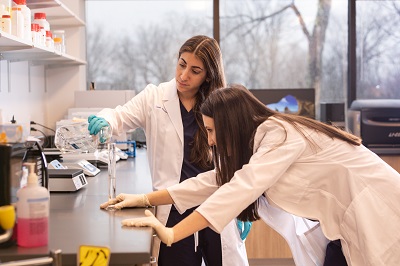
Bioinformatics
Modern molecular biology techniques tend to generate large quantities of what is termed ‘high throughput data’ – biological data that is generated with thousands of data points per sample. RMANJ typically generates millions of high throughput data points per week from genetic and genomic assays. This massive quantity of data requires specialized software and techniques for analysis. For standard analyses, software is often provided by the assay manufacturers, and can be utilized by a skilled lab worker.
However, some projects at RMANJ require that we develop specialized software to answer specific questions of the data. Data must be merged and managed appropriately, so that our research data can be merged with data from the clinical practice, and then enhanced with public repository data from sources such as the National Institutes of Health. Further development of specialized analysis methods, software and research data management requires a good understanding of physiology, molecular biology, informatics, computer programming and statistics. This effort of data management, development and analysis is typically termed ‘bioinformatics’ and is a career for thousands of scientists world-wide.
There are many opportunities for trainees to become involved in the bioinformatics effort.RMANJ has continuing bioinformatics projects in genomics, genetics, and systems biology and assay development. Because RMANJ utilizes high throughput data across several aspects of its research and practice, many people are involved in various aspects of the bioinformatics effort at RMANJ including students, technicians, postdoctoral fellows, scientists, nurses and doctors. The ability to merge clinical and research data together in the study of human reproduction makes this an exciting time to be training at RMANJ.
